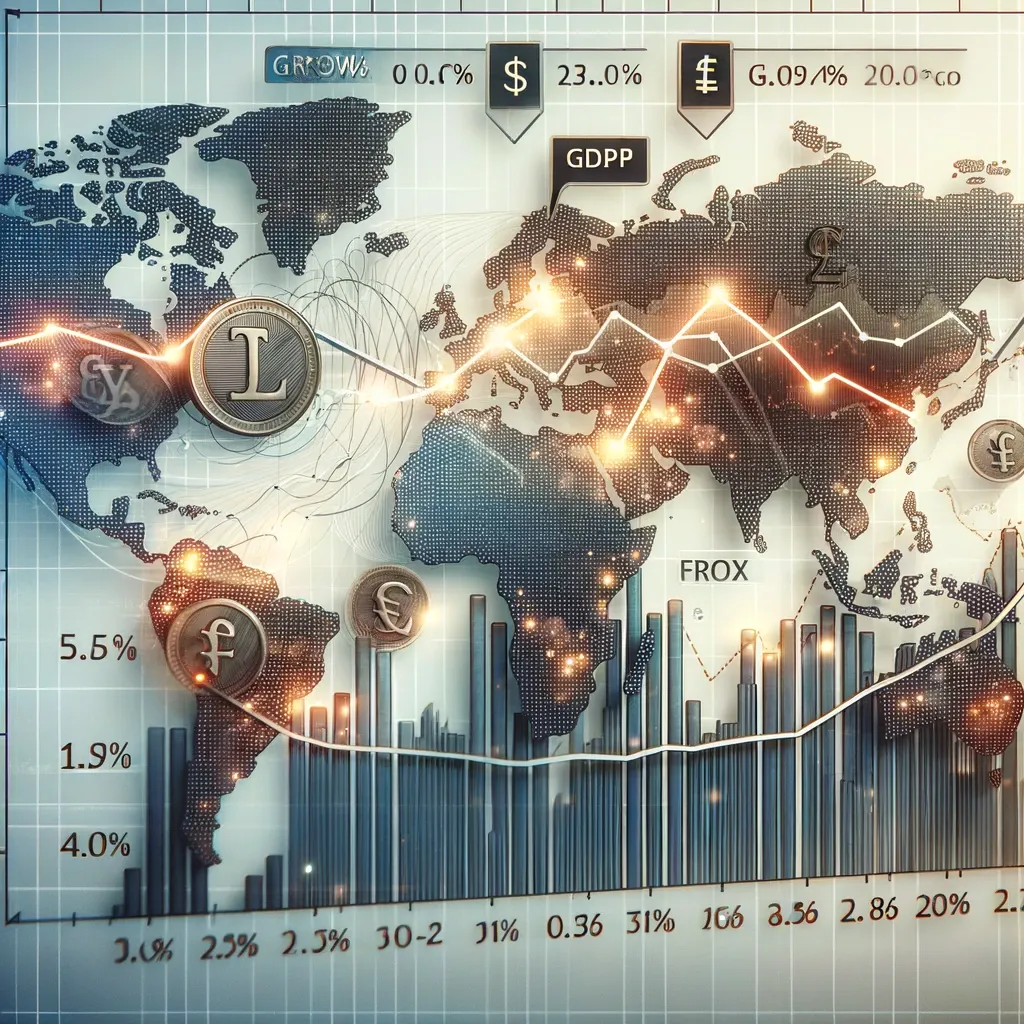The Role of Economic Indicators in Forex Trading
In the intricate world of Forex trading, economic indicators play a pivotal role, acting as the compass that helps traders navigate the often-turbulent waters of the currency markets. These indicators, essentially data points and reports, provide a snapshot of a country's economic health and performance. Understanding the nature and impact of these indicators is crucial for any trader aiming to predict currency movements and make informed decisions. In this article, we dive deep into the significance of economic indicators in Forex trading, focusing on employment reports, GDP data, and interest rate changes—three key factors that frequently sway currency values.

Unpacking Economic Indicators
Economic indicators are statistics about economic activities that allow analysis of economic performance and predictions of future performance. They can be broadly categorized into three types:
- Leading Indicators: These tend to change before the economy as a whole changes, thus serving as a predictive signal for economic shifts. Examples include stock market returns, manufacturing activity, and inventory levels.
- Lagging Indicators: These indicators shift after the economy changes, providing confirmation of recent economic outcomes. Unemployment rates and consumer price indices are prime examples.
- Coincident Indicators: These indicators move simultaneously with the economy, offering real-time data on the state of economic activity. Gross domestic product (GDP) and personal income levels fall into this category.
Impact of Employment Reports
Employment reports, especially non-farm payroll numbers released in the United States, can cause significant market movements. A higher-than-expected jobs increase suggests a robust economy, often leading to a stronger currency as it implies higher consumption and economic growth. Conversely, declining employment figures can weaken a currency due to reduced consumer spending and economic downturn fears.
GDP Data and Forex Markets
Gross Domestic Product (GDP), the broadest measure of economic activity, directly influences currency value. A strong, growing GDP often fortifies a nation's currency as it indicates economic health and attracts foreign investment in the currency. On the flip side, shrinking GDP figures can devalue the currency as they signal economic weakness and reduce investor confidence.
Interest Rate Changes Steering Currency Values
Interest rates, set by a country’s central bank, are perhaps the most closely watched economic indicators in the Forex market. Higher interest rates offer lenders higher returns relative to other countries, attracting foreign capital and causing the currency’s value to rise. Conversely, when a central bank lowers interest rates, it can lead to a depreciation of the currency, as lower rates offer smaller returns on investments denominated in that currency.








